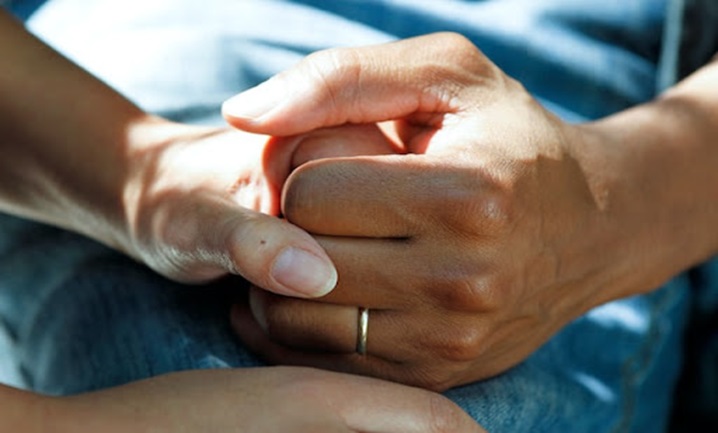Donating Your Body to Science: A Gift That Keeps on Giving

Donating the body for research to science is a selfless and generous gift that can significantly impact medical research and education. About 20,000 bodies are estimated to be donated in the United States every year for medical research and education. However, despite the benefits of body donation, many people are unaware of the option to donate their body to science.
What is Body Donation to Science?
When you donate your body to science, your whole body is donated to medical science at no cost to you or your family. Your only cost is medical and funeral expenses, which are minimized with a whole-body donation. The concept of whole-body donation to research is mostly unknown to many U.S. citizens, and the ease of registering remains challenging. Body donation to science programs is a great way to help humanity.
Scientific Research Advancement
Scientific advancements and medical innovations are made possible through body donation. Donated corpses are used by researchers to investigate various illnesses, try out new medications, and create cutting-edge surgical procedures. Donated corpses allow researchers to examine the development of diseases, check the effectiveness of treatments, and learn more regarding the human body reactions to medical procedures.
Body donation aids in the growth of medical knowledge and the discovery of new strategies for enhancing health outcomes by helping to understand the causes and mechanisms of illnesses like cancer, Alzheimer’s, and cardiovascular disorders, as well as the effects of aging and the impact of lifestyle choices on the human body.
Additionally, corpse donation is essential for developing forensic science and comprehending the nuances of human anatomy in various populations. Donated bodies help forensic professionals enhance identification procedures, improve crime scene investigation tactics, and help prosecute crimes.
Advantages of Body Donation to Science
Progress In Medical Research
Medical research can be advanced through body donation, and new medical treatments and cures can be discovered. Donated bodies are used by medical researchers, students, and practicing doctors to investigate the anatomy, physiology, and disease processes. Additionally, they employ them to create and test new medical techniques and equipment.
Training And Education
Surgeons in practice employ whole-body donations for surgical training and technique improvement. Medical students and residents who need to keep up with the latest developments brought on by ground-breaking medical discoveries are also trained on donated bodies.
Cost Reduction
Your family may be able to avoid paying for your burial by donating your corpse to research. Donating your corpse to science reduces the expense of burial or cremation, which might be high.
Legacy
A lasting legacy may be created by donating your body to research. Your generous donation might assist future generations as well as medical research and education.
Declare your intention to give: In fewer than three minutes, you may register as a donor on the Science Care website. You can register with more organizations as well, including tissue banks and medical institutions.
Medical screening: Once you have registered, a representative from the organization will contact you to complete a medical screening. Most people meet the criteria for a donation, including those with chronic conditions such as cancer, heart disease, arthritis, and diabetes.
The donation process begins: When you pass away, a loved one or care provider contacts the organization to notify them. The organization will then arrange for the transportation of your body to their facility.
Completion of donation: The organization will use your body for medical research and education. Once they have pursued their studies, they will cremate your remains and return them to your family.
Celebration of donation: Some organizations hold special events to honor the donors and their families. This can be a way for some families to meet the medical students who learned from the body of their loved ones.
It is important to keep in mind that this process may vary highly depending on the organization you choose to donate to. Researching and choosing a reputable organization that meets your needs and values is recommended.
Conclusion
Deciding to donate your body to science is a personal one that has to be well thought out. It is a kind and altruistic present that might greatly influence medical study and instruction. Whole body donation has some drawbacks, they are greatly outweighed by the advantages. When considering a body donation to science, completing your homework and picking a credible organization that aligns with your goals and moral principles is critical. The exceptional gift of donating one’s body to scientific research benefits society. People who decide to give their bodies act as catalysts for scientific study, medical education, and the creation of cutting-edge therapies. They create a lasting legacy through their altruistic deed, inspiring subsequent generations to advance medical technology and save lives. People considering donating their bodies must research reliable donation organizations and let their families know what they want. By doing this, they may make sure that their goal to advance research and medical education is appreciated and honored.